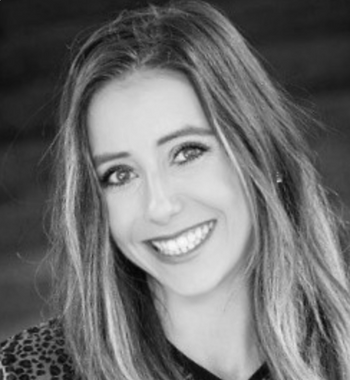Universities respond to Ebola with travel restrictions, quarantines
One college is restricting applicants from all African countries, even those without Ebola.
Those who came into contact with Ebola victims are restricted from class and activities until 21-day incubation period is up.
Universities throughout the U.S. are erring on the side of caution when it comes to Ebola-outbreak prevention efforts.
Harvard University is now requiring that students and faculty get permission from administrators before traveling to Sierra Leone, Guinea, and Liberia, and requests such groups avoid “nonessential travel” to the Ebola-ridden countries. The Harvard Crimson reports that students and faculty returning to the university must go through a medical screening process administered by Harvard University Health Services. Travelers are subject to a potential 21-day ban from campus grounds after departing from at-risk areas.
undefinedTweet this
Harvard isn’t the only Ivy League university to restrict travel over Ebola concerns. Columbia University (CU) is restricting student and faculty travel to the three West African countries for any reason other than “to contribute to the efforts to contain and eliminate the Ebola outbreak.” If any student or faculty desires to travel to these areas, they must submit a written request to the university’s administration beforehand.
CU also says it will be postponing all educational trips to the countries until further notice. The university is also refusing to fund—or give credit—for any and all activities involving travel to the affected areas.
A student at the University of Texas at Austin, who claimed to have been on the same flight as Amber Vinson, the Dallas nurse who contracted Ebola, was told to stay home from class and will not be attending any campus activities, despite not showing any symptoms. The student has been told to maintain constant contact with health officials.
Kent State University has requested that three staff members related to and confirmed to have recently had contact with Vinson steer clear of campus for the virus’s 21-day incubation period “out of an abundance of caution.”
Syracuse University (SU) and University of Georgia (UG), cancelled appearances by West African journalists scheduled to speak at the campuses. SU rescinded its invitation to Michel du Cille, a Pulitzer Prize winning photographer, because of his departure from West Africa three weeks ago, despite not showing any Ebola-like symptoms. Similarly, UG cut Liberian journalist Wade C. L. Williams’s appearance, originally scheduled for Oct. 23.
Navarro College (NC) is denying applications from students residing from any African country, a decision administrators claim was “best for the safety of our students.” Other countries with confirmed cases are not banned from applying, such as Spain and most obviously the U.S.
NC faced controversy surrounding the school’s rejection of Nigerian applicants because of a rejection letter claiming the school was “not accepting international students from countries with confirmed Ebola cases.” NC later apologized as there have been no confirmed cases of the virus in Nigeria.
Despite criticisms, NC says it is going to “postpone recruitment” from areas “identified as at risk.”
Follow the author of this article on Twitter: @MaggieLitCRO

